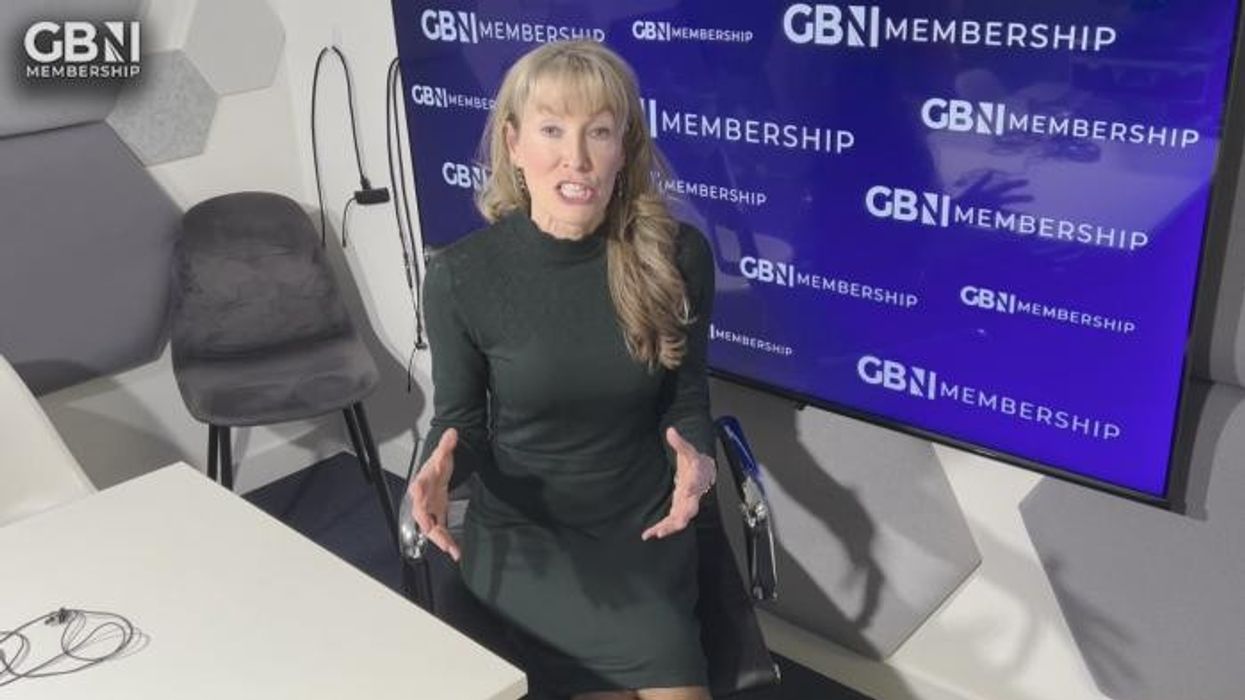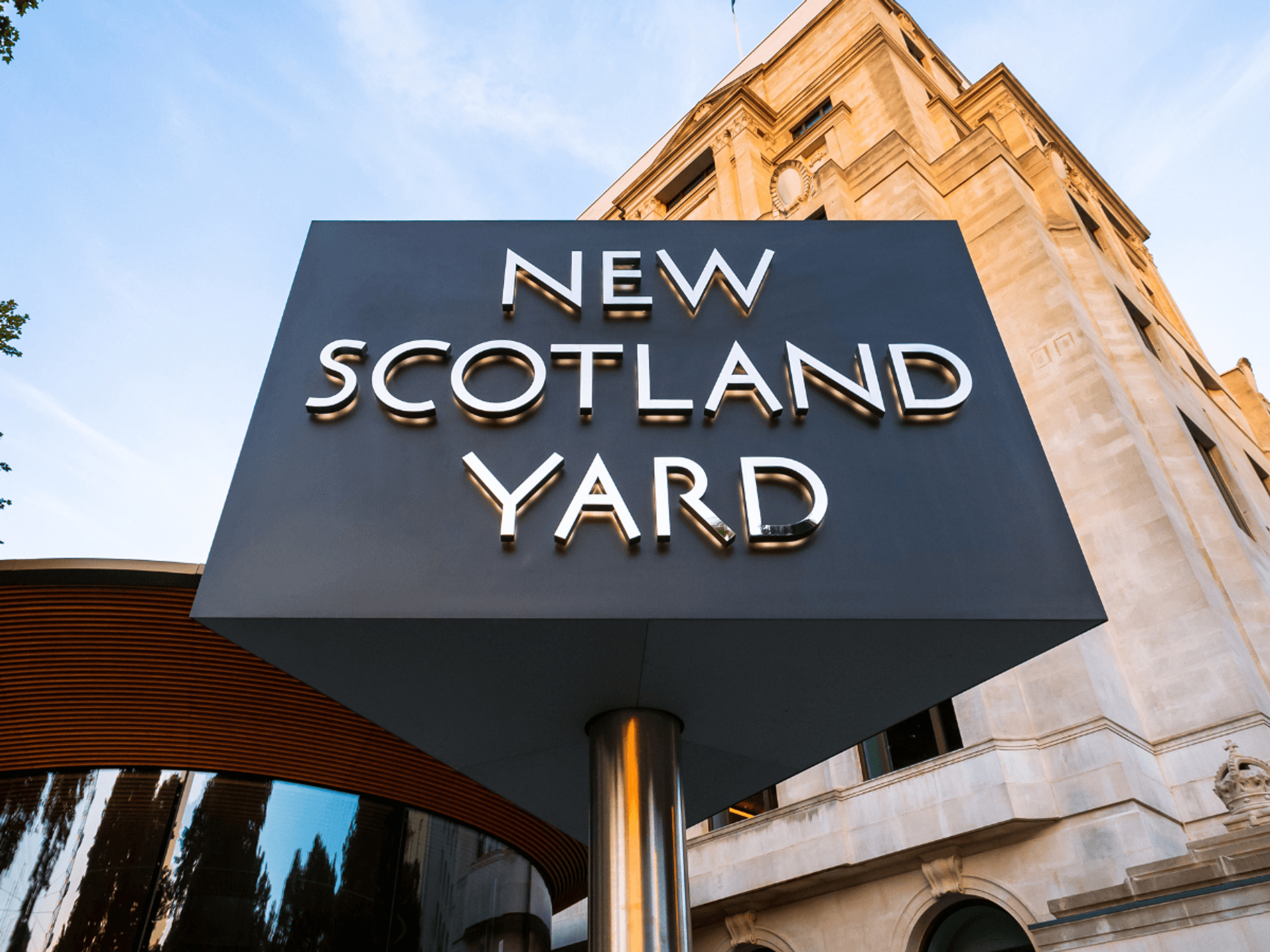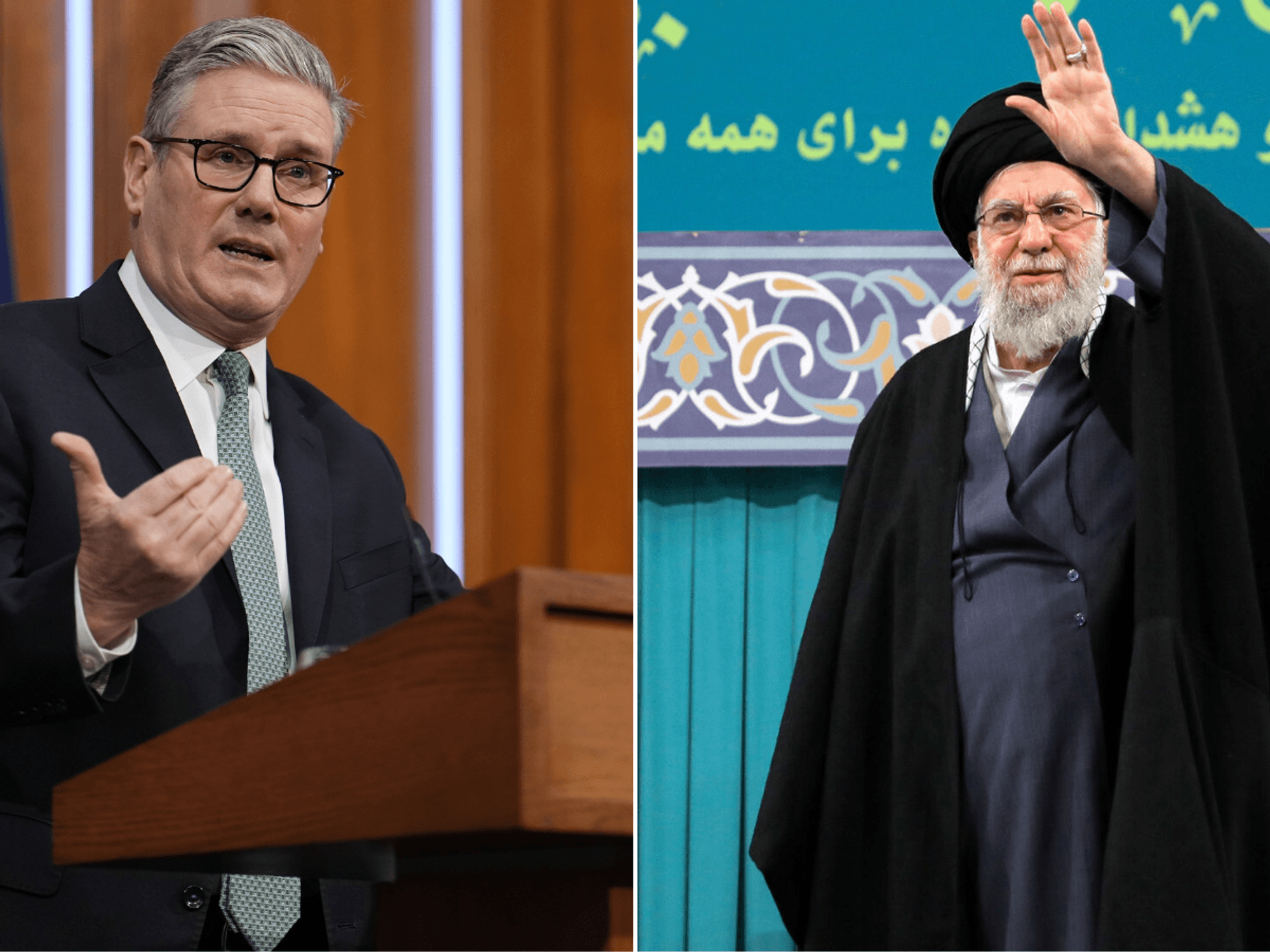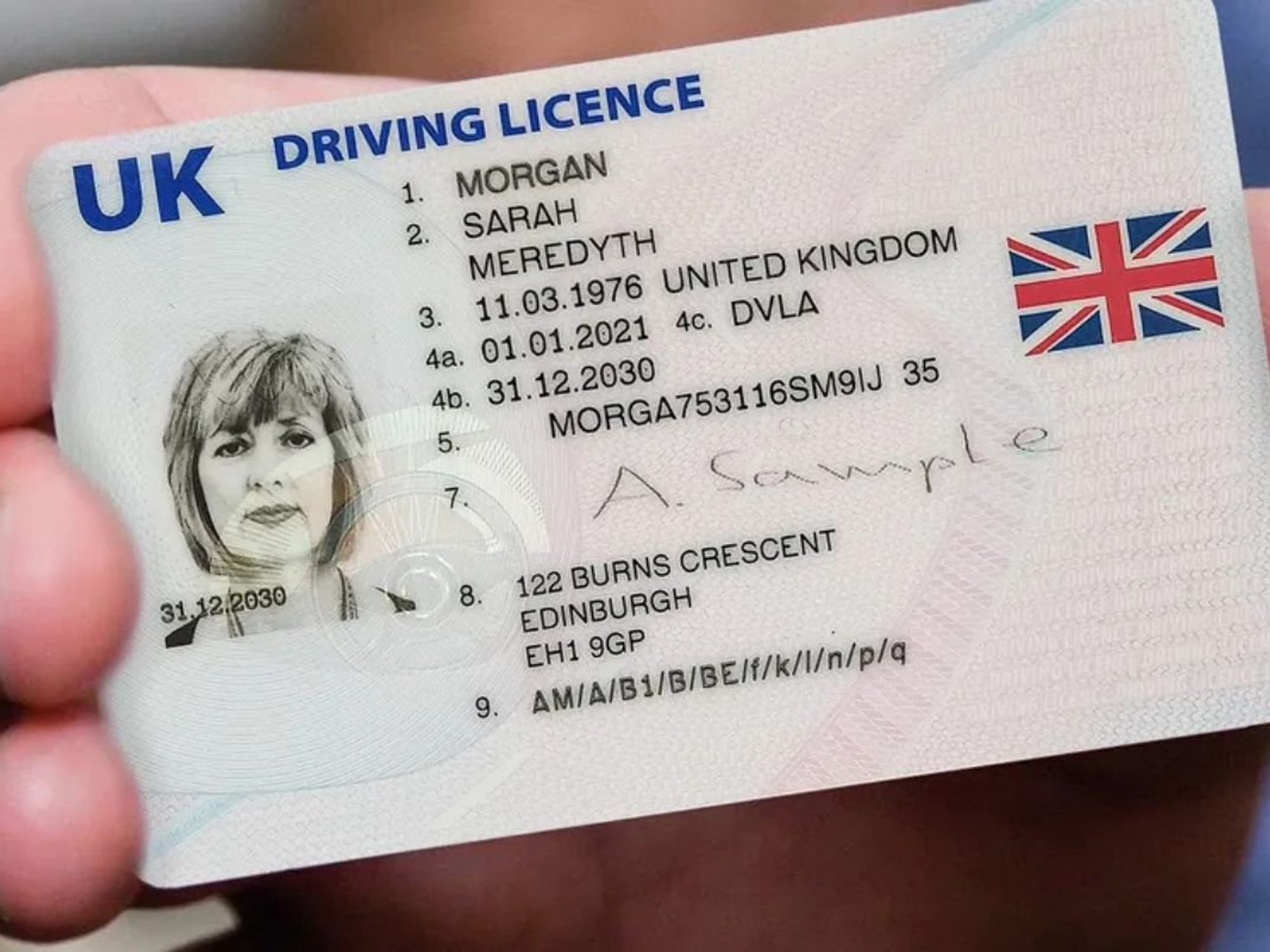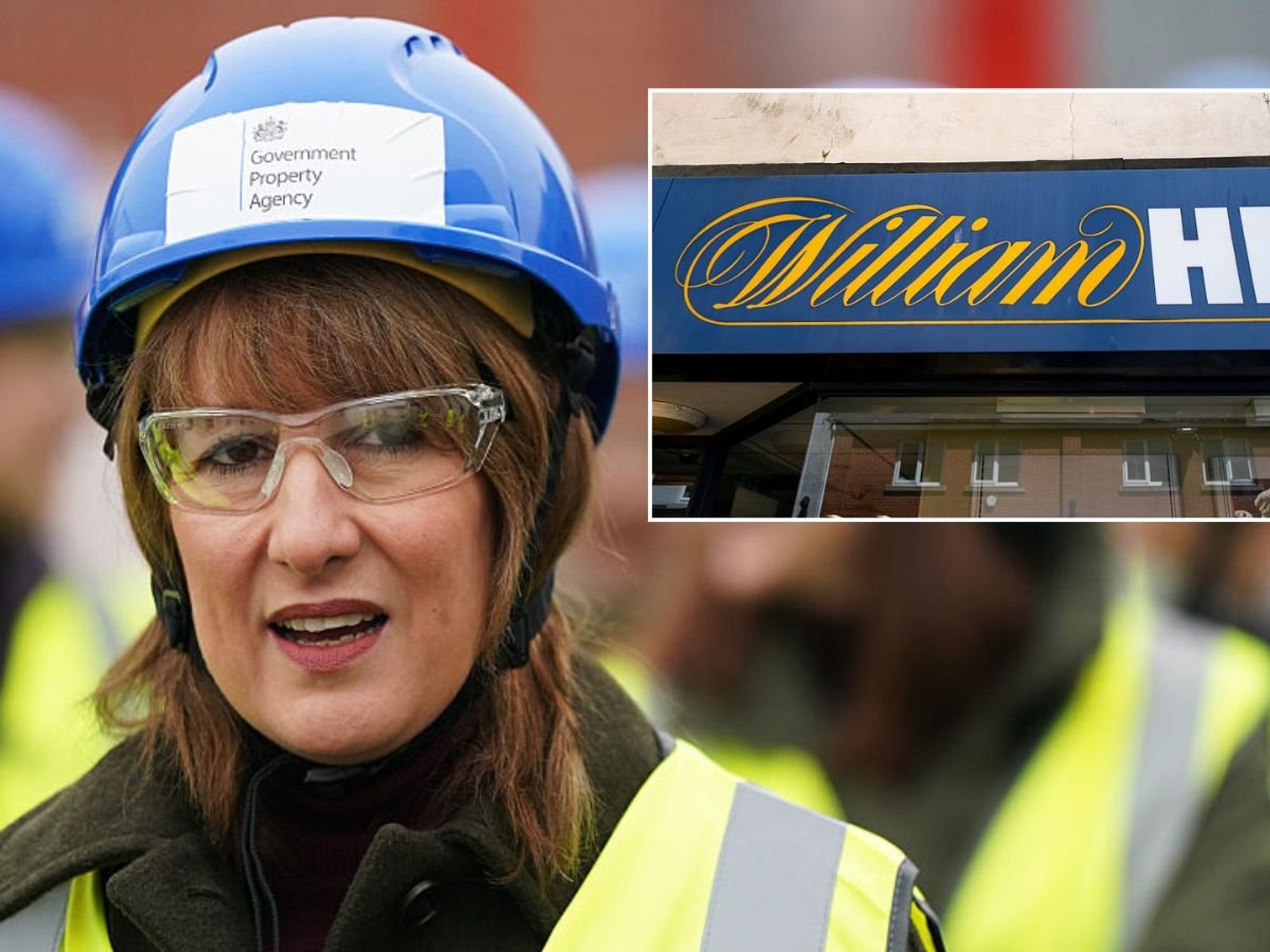Don't buy into the lie about the number of doctors working...the truth is more sinister - Renee Hoenderkamp
OPINION: The Additional Roles Reimbursement Scheme (ARRS) has a lot to answer for
Don't Miss
Most Read
Latest
As a working NHS GP, I am always interested in announcements from the government that are hailed as improvements to the service that patients receive. So, listening to Wes Streeting announce today that he will make more investments in GP practices to form more GP appointments, my ears pricked up…what's not to like?
Sadly, there is much not to like, as essentially it doesn’t stack up. Smoke and mirrors are at play, and there is a potential danger to patients who are always at the sharp end. The first part of the announcement that I take issue with is the claim that there are 1,500 more under Labour.
Let's unpick this. Firstly, there are not 1500 more GPs. That’s just an untruth. In fact, the number of working GPs is flatlining at best.
I can tell you that there is no extra work around for me to grab on an adhoc, or locum, basis. There are GPs out of work, unable to find work and still newly qualified GPs who are not sure they will have work when they qualify.
Just today, I was told by a GP with 15 years of experience that he cannot get enough work to pay his mortgage. All of this was unheard of three years ago. Then, there was so much work around that I could have worked full-time three times over.
A newly qualified GP would never be without a job. It has got so bad now that doctors are being put off GP training because they need to work at the end of the long journey to reach full qualification.

Don't buy into the lie about the number of doctors working...the truth is more sinister - Renee Hoenderkamp
|Getty Images
So what is going on? There are 820-900 more GPs in full-time equivalent roles (FTEs), not 1500. Alongside this, the number of GPs looking and securing locum roles has dropped dramatically, from 2,393 to 1,212. I would suggest that many of those doctors who were quite happily working as locum doctors were so shocked by their regular work drying up that they took up a salaried role. So in essence, there has been no change overall to the number of GPs working, some have moved their employment tenure, but nothing else has changed. The 1500 is a lie. And if I am wrong, Wes should prove it.
There is, however, a much more sinister part of this sorry story: why have GP locum roles dried up? It is due primarily to a scheme called ARRS (Additional Roles Reimbursement Scheme) whereby GP practices are reimbursed for hiring Physicians Associates, physios, pharmacists and mental health practitioners, but not doctors.
All of these roles are cheaper for the practice than doctors, because they are not doctors. But they have enabled GP practices to offer more appointments and allowed the government to claim that more GP appointments are available. At best, this is semantics, an appointment is an appointment, surely?
At worst, it is deceptive and dangerous, and we already have evidence of this. Actress Emily Chesterton, age 30, was misdiagnosed twice by a physician associate (PA) whom she believed was a GP. Seeking medical attention for calf pain, Emily was told by a PA that her symptoms were anxiety and sent away.
The PA failed to diagnose a blood clot, which led to Emily’s death. PAs are essentially studying to the NVQ medicine standard, and whilst being cheaper than GPs are still earning £50,000+ a year.
The ARRS scheme did not allow GP practices to employ doctors. This was tweaked slightly by Wes recently and there is now a new arm of ARRS which allows practices to employ newly qualified GP’s which is great, but that still leaves experienced GP’s sitting unemployed and there is much a long term qualified GP’s brings to patient care that a newly qualified GP, who will need close supervision, does not.
But of course, if a practice has new PAs, physios, etc they also need rooms, and if one of these cheaper doctor alternatives is using a room, for many practices, there isn’t the space to also have a doctor.
So the extra money that Wes has announced today to add consulting rooms is welcomed IF those rooms are filled with doctors. They should, of course, be filled with GPs and there are plenty of GPs around who would love to fill those rooms, I am one. But there is still a very high chance that they will be filled with non-doctors or no one. It’s a travesty.
Considering that it costs over £200k to train a GP, Wes needs to step up now and change the plan, not only for those newly qualified GPs who have had 10 years of hard slog to qualify, but for the sake of existing GPs who are being stretched to their limits.
NHS workforce data from mid-2024 shows the average number of patients per fully qualified GP is now 2,294 and rising - meaning each GP is, on average, responsible for 198 more patients than they were five years ago. This is a disaster for patients who are desperate to see a GP but are facing longer and longer waits and ironically if this continues medical students will be deterred from going into GP training because they think they won’t be able to get a job at the end of it, and this will have an even greater impact on patient care in years to come as even fewer new GP’s are available.
Members of the wider practice team are valuable and can help to expand the services available to patients, but they aren’t substitutes for the key specialist skills and expertise GPs provide, and they can’t be used to plug gaps in the GP workforce.
The College has been calling for the funds set aside for other roles to be freed up to allow practices to recruit more GPs – and we need urgent action by the next government to provide practices with the funding they need to increase the number of GP roles.
Of course, physios, pharmacists, nurses and other members of the wider GP practice are valuable and can help to expand the services available to patients, but they are not substitutes for the expertise and key specialist skills GPs provide and they shouldn’t be used to plug gaps in the GP workforce. The funds set aside for these other roles should without doubt be freed up to allow practices to recruit more GPs.
Essentially, GPs are scrabbling around for piecemeal funding, which has conditions attached which are not benefiting patients or delivering more GPs to see more patients.
Labour needs to substantially increase the funding for general practice to sort out this mess and allow them to use it as they need to, employing doctors to give patients the care they deserve and avoid more tragedies like Emily.


